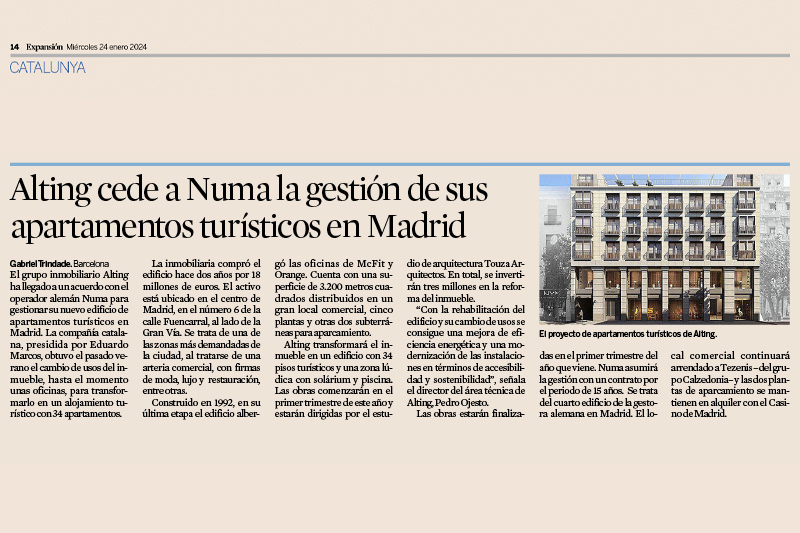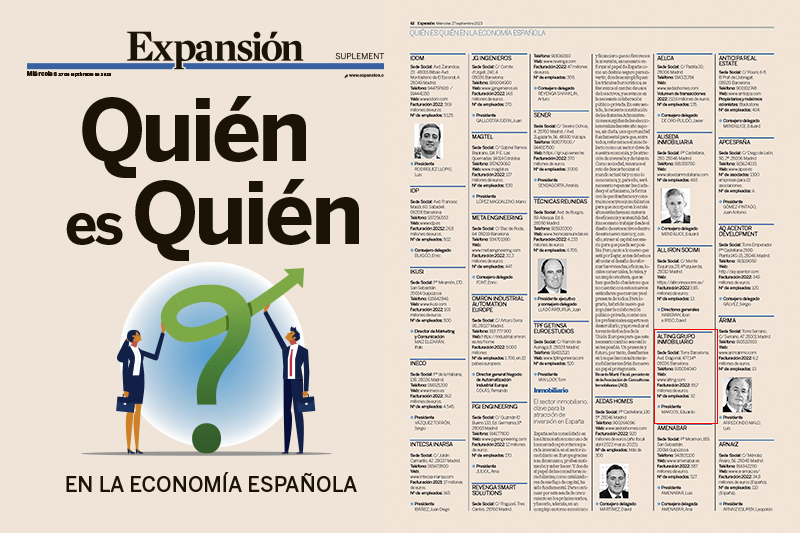Regarding the new tax reforms affecting housing, this second post will deal with the issues that affect capital gains from real estate property.
In the first part, posted on 9 April 15, we finished up explaining the changes regarding deductions for renting a home from the point of view of the tenant. This post will deal with the situation from the point of view of the owners:
1- Deduction for net gains through property rental
Owners may deduct up to 60% of net gains or up to 100% if the tenant is between 18 and 30 years old or up to 35 years old with a contract signed prior to 1 January 2011. For leases signed this year, owners will only be able to deduct 60% on 2015 taxes, regardless of the tenant’s age.
Plus, owners may also deduct other expenses related to renting the property, like homeowners’ association fees and the cost of maintenance or repairs. If these expenses surpass the rent taken in, the excess may be deducted over the following 4 years.
2-Taxation on property gains and losses
Another measure included in the tax reforms affects the abatement coefficient and inflation adjustment, which decrease taxation on capital gains from home sales.
For the 2014 fiscal year, these are still in place but as of 2015, the coefficients will only apply up to 400,000 euros and to the proportion of the capital gains obtained up to 20 January 2006.
As previously, those who sell their primary residence and reinvest the money in another home are exempt from taxation.
Plus, starting in 2015, those over 65 years old will be exempt from taxes on capital gains from the sale of their primary residence if they put the full amount into setting up a life annuity, with a limit of 240,000 euros and period of six months.
3-Repayment of debt, tax exempt
Property gains obtained through the sale of a debtor’s primary residence or that of their guarantor, as long as the proceeds of the sale have gone to pay off the debt or as a result of judicial or notarial foreclosure, are tax exempt from January 2014 and any tax years for which the statue of limitations does not bar review back to 2010. So, in either of these two cases, no taxes will be levied on the fiscal gains resulting from paying off mortgage debt. For this to be applicable, the debt must be held by a credit institution and the homeowner must not have any other assets with which to pay off the debt.
SOURCES: AEAT | Fotocasa | Idealista
PHOTOGRAPHS: Fotocasa





